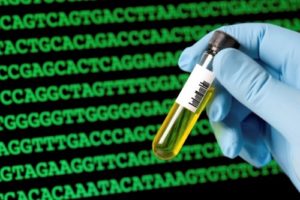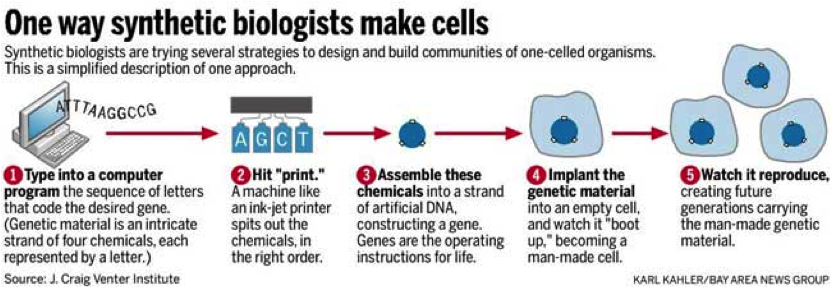2014 was a great year for our organization. We made progress on a lot of fronts, and could not have done it without our partners, members, volunteers, and sponsors. We are honored by the support and input we have received from our community, which made our accomplishments possible!
Over the last year, Sustainable Fairfax was successful in bringing important programs and events to the community including:
- Film & Lecture Series – we hosted five film & speaker events, attended by over 250 people
- Take Back Day – 5 tons of materials were collected and diverted from landfill
- Fairfax Craft Faire – this zero waste event supports our local economy by featuring goods from local artisans and crafts people
- Fairfax Festival/EcoFest – we provided zero waste education and coordinated the collection of recycling and compost
- Streets for People – a rare opportunity for hundreds of community members and local businesses to connect and enjoy our town without cars
- Free Backyard Composting Workshops – educating over 70 people on backyard composting techniques and turn household scraps into garden gold
- Backyard Beekeeping Workshops – workshops on sustainable hive management to encourage and support backyard beekeeping
- Water Stewardship Panel – an educational event on water conservation techniques attended by 50 people (part of our “Go Blue! Take Action on Water” program)
- Fairfax History Talk – this wonderful talk by local culture expert Rebecca Burgess of Fibershed was attended by 60 people
- Rainwater catchment Bicycle Tour – a bicycle tour of local homes and businesses to learn about home rainwater catchment techniques including rainwater harvesting and greywater systems (part of our “Go Blue! Take Action on Water” program)
- Sustainable Garden at the Women’s Club – an educational garden demonstrating the use of natives and low-water plants in the home-scale garden, designed and implemented by Sustainable Fairfax volunteers as a gift to the Town.
- Community Council events – a new monthly program that provides the time and space for community members to discuss matters relating to sustainability in a quiet and supportive circle led by two experienced facilitators
Thank you for a great 2014. We hope you join us for an awesome year of new initiatives and progress in 2015!

